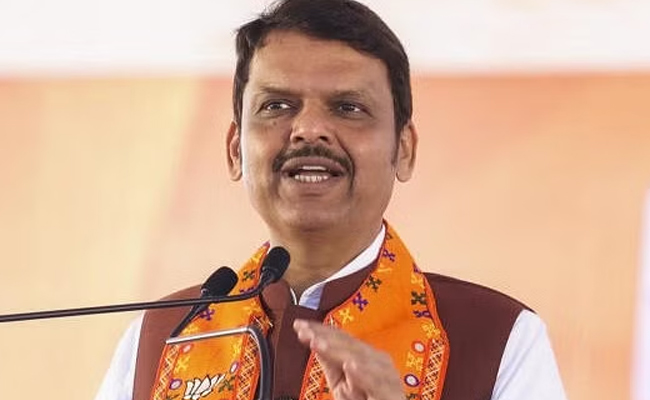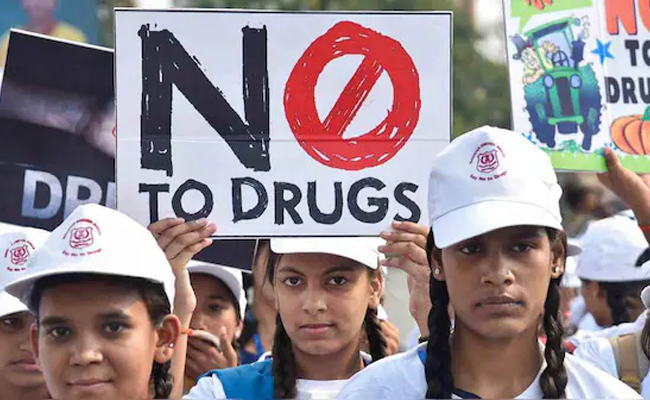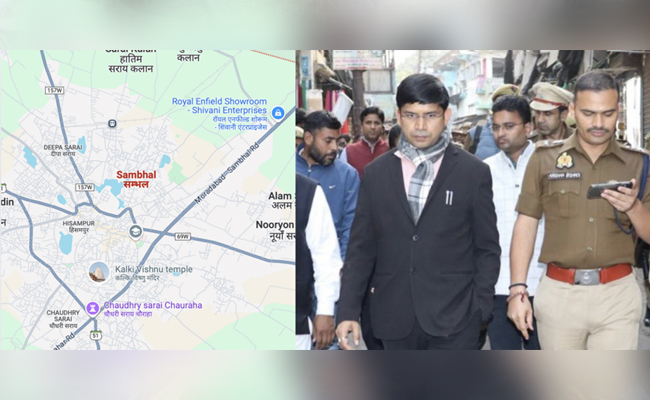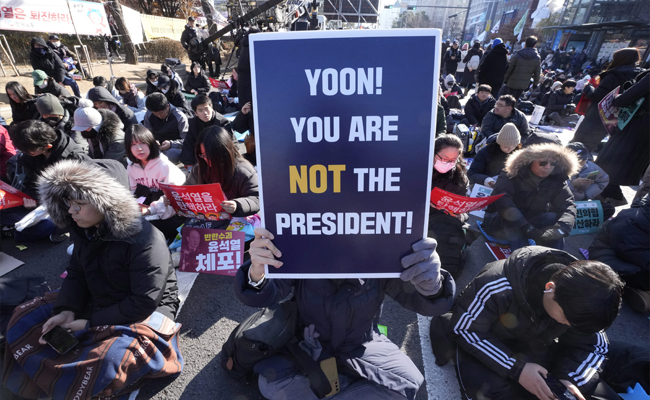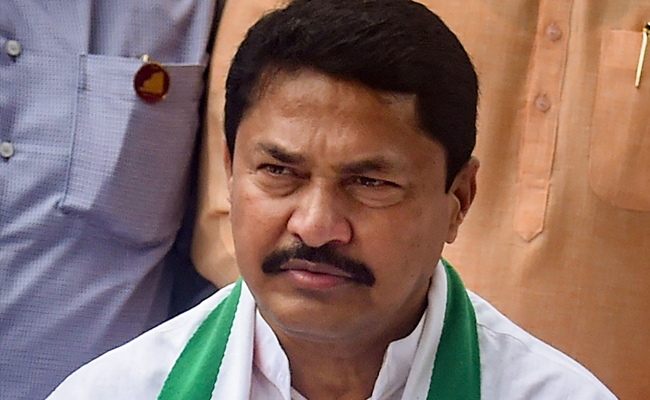Nagpur (PTI): Congress members boycotted the Maharashtra assembly proceedings on Tuesday to protest the government's handling of the recent Parbhani violence and murder of a sarpanch in Beed district.
Members of the opposition Shiv Sena (UBT) and NCP (SP) staged a walkout along with the Congress MLAs. But legislators of the Shiv Sena (UBT) later returned to House. Samajwadi Party MLA Abu Azmi did not walk out with the other opposition members and remained present in the House.
Violence erupted in central Maharashtra's Parbhani city after a glass-enclosed replica of the Constitution near Dr B R Ambedkar's statue outside the Parbhani railway station was vandalised on the evening of December 10. More than 50 persons have been arrested and multiple cases registered in connection with the violence.
In Beed, the sarpanch of Massajog village, Santosh Deshmukh, was abducted and murdered on December 9. After the House assembled on the second day of the winter session of the state legislature here on Tuesday, Speaker Rahul Narwekar rejected an adjournment notice by Congress member Nitin Raut, saying the issue has been listed for a discussion on Wednesday. However, Raut and his party colleague Nana Patole demanded the issue be taken up for a debate immediately since the incidents are recent and threaten to disturb the social fabric of the state.
NCP (SP) member Sandeep Kshirsagar said Valmik Karad was the main accused in the murder of the sarpanch of a village in Kaij tehsil of Beed district and was still absconding. An extortion case has been filed against him but not of murder, he said.
BJP MLA from Kaij, Namita Mundada, said Santosh Deshmukh was a good man. Despite being an elected representative, he was killed on the highway after being tortured. The murder took place on December 9 and the main accused has still not been nabbed, she said.
Patole claimed that Ambedkarites were enraged over the death of Somnath Suryawanshi, following his arrest after protest against the desecration of the Constitution's replica in Parbhani on December 10. He claimed the government had not handled the situation effectively, resulting in the "unrest". However, Speaker Narwekar was firm that the discussion will take place on Wednesday.
Patole said, "We are boycotting the day's proceedings since the government is not serious about the law and order situation."
All opposition members, except those of the Samajwadi Party, walked out of the House. After sometime, members of the Shiv Sena (UBT) returned to the House, while the Congress legislators stayed away.
Let the Truth be known. If you read VB and like VB, please be a VB Supporter and Help us deliver the Truth to one and all.
New Delhi: The Supreme Court on Monday urged youngsters to avoid illicit drugs, cautioning against the growing trend of viewing drug use as a fashionable or ‘cool’ lifestyle. The Court also emphasised the need for collective efforts to combat drug abuse and rehabilitate victims.
A Bench of Justice BV Nagarathna and Justice N Kotiswar Singh made these observations while denying bail to a man accused of links to a crime syndicate responsible for smuggling 500 kilograms of heroin into India from Pakistan.
The Court expressed concern over the influence of popular culture in glorifying drug use, particularly among the youth.
"For youngsters just beginning to explore the world, the consumption of drugs in popular culture has propelled the cultural push towards a dangerous lifestyle, one that incorrigibly applauds drug use as ‘cool’ and a fashionable display of camaraderie. We implore the youth to firmly resist peer pressure and desist from emulating certain personalities who may indulge in drugs," the Bench observed.
Justice Nagarathna, who authored the judgment, stressed that drug abuse is often rooted in emotional distress, academic pressure, and societal influences. However, she stresses on the point that victims of substance abuse must not be demonised but rehabilitated.
"The unfortunate reality is that victims of substance abuse are not limited to the unfortunate ones who have fallen prey to it but also include their family and peers. Our approach must focus on rehabilitation, not demonisation," the Court noted.
Highlighting the role of parents, Justice Nagarathna said that affectionate and regular communication with children can act as a deterrent to substance abuse. Schools and colleges were also urged to include drug prevention strategies in their curricula.
"Educational institutions must focus on the physical, emotional, and legal consequences of drug abuse through scientifically backed and experiential learning methods," the Court stated.
The Bench further called on local communities, NGOs, and law enforcement agencies to collaborate in awareness campaigns, particularly in vulnerable areas. It also urged the National Legal Services Authority (NALSA) and State Legal Authorities to actively devise and implement such programmes.
In closing, Justice Nagarathna highlighted the need for a concerted effort from parents, schools, law enforcement, and society to tackle the growing menace of drug abuse.
"The arc and web of drug trade cannot be permitted to corrode the shine of the youth of India," the judgment concluded.

